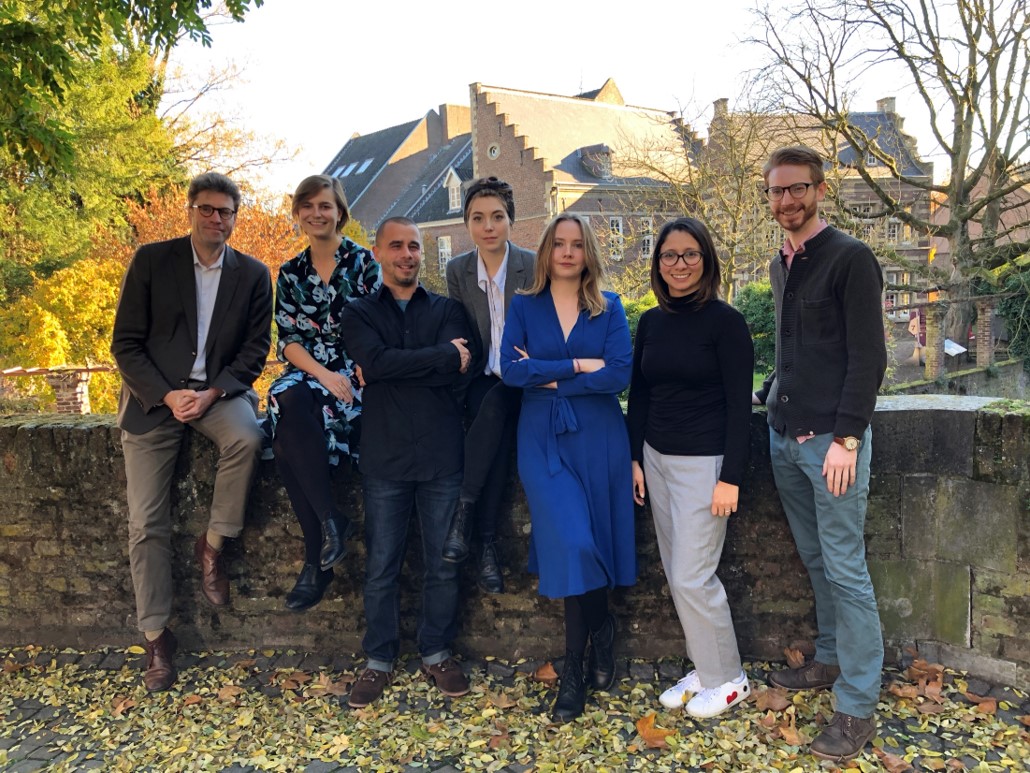MCICM’s collaboration with philharmonie zuidnederland and the journey towards innovation
Stefan Rosu, director general and artistic director of philharmonie zuidnederland, recently published an article on Arts Management Network about the orchestra’s journey towards innovation. In the article, Rosu walks us through the changes the orchestra has been undergoing including the need for innovation with internal as well as external input.

For Rosu, a crucial point for innovation was to set up an academic research centre that could collaborate with philharmonie zuidnederland with clear research lines. After proposing the idea to Maastricht University and setting up the collaboration with Zuyd School of Applied Sciences, the Maastricht Centre for the Innovation of Classical Music was created.
The centre will work together with the orchestra’s innovation team to set up experiments based on the centre’s expertise in innovation and cultural participation. MCICM will also gather research about musical cultures, concert formats and audience studies to further the discourse on classical music innovation.
To read the full article, please visit artsmanagement.net.
Arts Management Network, 2018
Also read
-
Flour, family, and forward thinking: the evolution of Hinkel Bäckerei
In the heart of Düsseldorf, the comforting aroma of freshly baked bread has drifted through the streets for more than 130 years. Since its founding in 1891, Hinkel Bäckerei has evolved from a small neighborhood bakery into a cherished local institution.
-
Contribute to a Voice for Children in Conflict Areas
Dr Marieke Hopman and Guleid Jama are launching a new research project on the role of children in peacebuilding in conflict areas.
-
Administrative integration through agency governance The role of Frontex, the EUAA and Europol
PhD thesis by Aida Halilovic